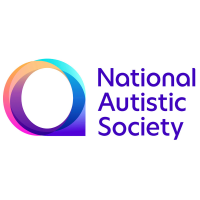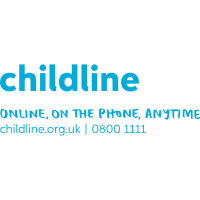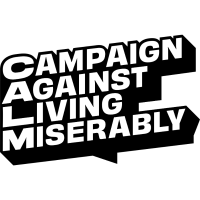
The following information aims to help individuals understand:
Chronic exhaustion
(Mental, emotional, and physical)
Reduced ability to tolerate external stimuli
(Loud, repetitive noises, bright lights, or being around people)
Loss of skills
(Reduced ability to perform basic tasks or activities of daily living)
- Autistic Masking
- Sensory Overload
- People-pleasing and poor boundaries
- Lack of accommodations
- Executive functioning overload
- Demands and expectations of a neurotypical society

Meet Your Basic Health Needs
- Prioritise sleep
- Rest and move slowly
- Drink enough water
- Remember to eat regularly, set a timer if needed
- Buy simple, nutritious, pre-made meals

Absorb Yourself in Your Interests
- Sort, organise, or categorise things
- Deeply research something you feel curious about
- Re-watch your favourite TV shows or movies
- Listen to your favourite music
- Spend time doing things you enjoy such as reading, drawing, or gaming

Reduce Your Social Load
- Avoid all non-essential social events and spend more time alone
- Prioritise your own needs
- Leave social situations where you feel uncomfortable before feeling overwhelmed or exhausted
- Only see people with whom you can completely relax and be yourself
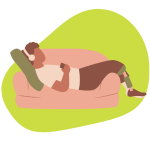
Calm and Soothe Your Senses
- Avoid environments that are too bright or noisy
- Spend time in quiet, dark spaces
- Wear noise-cancelling headphones
- Stick to safe foods
- Wear comfortable clothing
- Wrap yourself in blankets or tight clothing
- Stim – move your body, swing, rock, dance, spin, jump around
- Use your favourite fidget toys

Reduce the Burden on Your Executive Functioning
- Stick to a simple, basic daily routine
- Avoid sudden changes to plans
- Put off any non-essential tasks
- Put your needs first
- Seek help for any tasks you can’t avoid
- Outsource as much as you can – order pre-made meals, get a cleaner, and ask a trusted family member to help you to do things (like remembering things, prioritising tasks, making decisions, and getting tasks done)

Meet Your Basic Health Needs
- Prioritise sleep
- Rest and move slowly
- Drink enough water
- Remember to eat regularly, set a timer if needed
- Buy simple, nutritious, pre-made meals
- Prioritise sleep
- Rest and move slowly
- Drink enough water
- Remember to eat regularly, set a timer if needed
- Buy simple, nutritious, pre-made meals

Absorb Yourself in Your Interests
- Sort, organise, or categorise things
- Deeply research something you feel curious about
- Re-watch your favourite TV shows or movies
- Listen to your favourite music
- Spend time doing things you enjoy such as reading, drawing, or gaming

Reduce Your Social Load
- Avoid all non-essential social events and spend more time alone
- Prioritise your own needs
- Leave social situations where you feel uncomfortable before feeling overwhelmed or exhausted
- Only see people with whom you can completely relax and be yourself

Calm and Soothe Your Senses
- Avoid environments that are too bright or noisy
- Spend time in quiet, dark spaces
- Wear noise-cancelling headphones
- Stick to safe foods
- Wear comfortable clothing
- Wrap yourself in blankets or tight clothing
- Stim – move your body, swing, rock, dance, spin, jump around
- Use your favourite fidget toys

Reduce the Burden on Your Executive Functioning
- Stick to a simple, basic daily routine
- Avoid sudden changes to plans
- Put off any non-essential tasks
- Put your needs first
- Seek help for any tasks you can’t avoid
- Outsource as much as you can – order pre-made meals, get a cleaner, and ask a trusted family member to help you to do things (like remembering things, prioritising tasks, making decisions, and getting tasks done)
Advocate for what you need (understanding your autistic needs and limits and learning to advocate for what you need is essential to managing autistic burnout)
Align your life to your values (make small, helpful, daily choices to align your life with the person you would like to be and take action to live the life you would like to)
Learn about and embrace your neurodiversity (learn about and embrace the ways in which your differences make you unique)
Advocate for what you need (understanding your autistic needs and limits and learning to advocate for what you need is essential to managing autistic burnout)
Align your life to your values (make small, helpful, daily choices to align your life with the person you would like to be and take action to live the life you would like to)
Learn about and embrace your neurodiversity (learn about and embrace the ways in which your differences make you unique)
Develop and maintain boundaries (‘people-pleasing’ seems to be a common habit amongst autistic people. Practice saying no to unreasonable demands and maintaining healthy boundaries)
Find safe spaces to unmask (masking takes a lot of effort, and the more you mask, the more exhausted and stressed you will feel. Surround yourself with like-minded people with whom you can truly be your authentic autistic self).
Let go of unrealistic, perfectionistic expectations of yourself (consider whether you really need to push yourself so hard and whether this is sustainable. If other people have excessively high expectations of you, let them know that you will no longer be striving to meet these expectations. Start treating yourself with greater kindness and setting realistic objectives for yourself).
For helpful links, resources, articles and support for autistic people and their families.
For helpful resources and support around mental health. You can also call them on 0300 123 3393 or text 86463 (9am-6pm on weekdays).
Mental health charity for young people. They also have a parent helpline on 0808 802 5544 (9:30am-4pm on weekdays).
For helpful links, resources, articles and support for autistic people and their families.
For helpful resources and support. You can also call them on 0300 123 3393 or text 86463 (9am-6pm on weekdays).
Mental health charity for young people. They also have a parent helpline on 0808 802 5544 (9:30am-4pm on weekdays).
A free helpline for anyone struggling to cope. Call 116 123 (24 hour support) to talk to Samaritans, or email: [email protected] for a reply within 24 hours
24/7 text-based crisis support. Text “SHOUT” to 85258. Their website also has lots of information to help understand suicidal thoughts and to prevent acting on these.
For under 19’s with either online or over the phone support using 0800 1111 (Calls do not appear on phone logs).
A free helpline for anyone struggling to cope. Call 116 123 (24 hour support) to talk to Samaritans, or email: [email protected] for a reply within 24 hours
24/7 text-based crisis support. Text “SHOUT” to 85258. Their website also has lots of information to help understand suicidal thoughts and to prevent acting on these.
For under 19’s with either online or over the phone support using 0800 1111 (Calls do not appear on phone logs).
Call on 0800 58 58 58 (5pm–midnight every day) if you're affected by suicide or suicidal thoughts. If you’d prefer not to speak on the phone, you can try their webchat service.
For under 19’s with either online or over the phone support using 0800 1111 (Calls do not appear on phone logs).
Call on 0800 58 58 58 (5pm–midnight every day) if you're affected by suicide or suicidal thoughts. If you’d prefer not to speak on the phone, you can try their webchat service.
For under 19’s with either online or over the phone support using 0800 1111 (Calls do not appear on phone logs).
Related Blog Articles
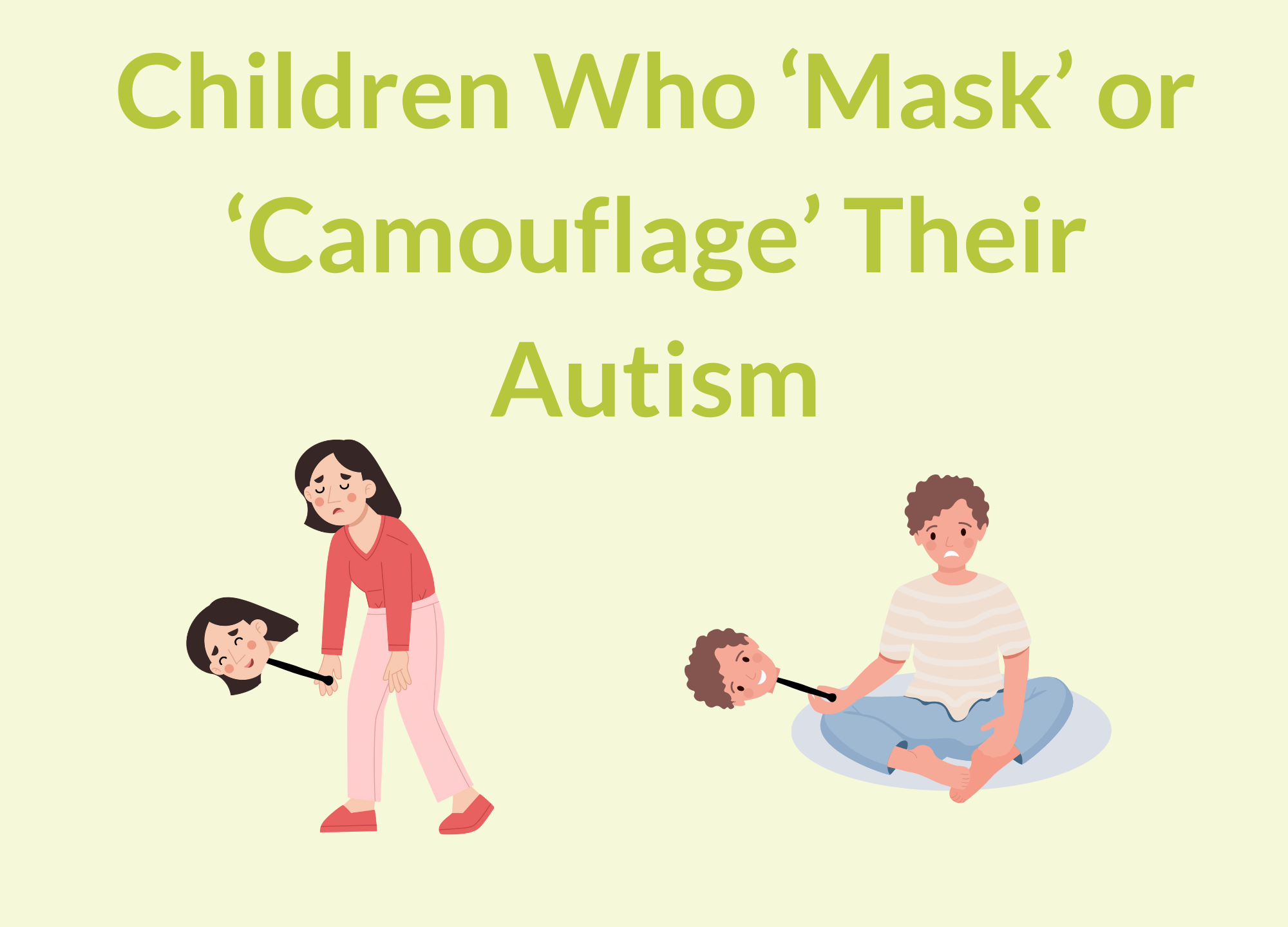
Children Who ‘Mask’ or ‘Camouflage’ Their Autism

It’s Not Only Girls Who Can Mask
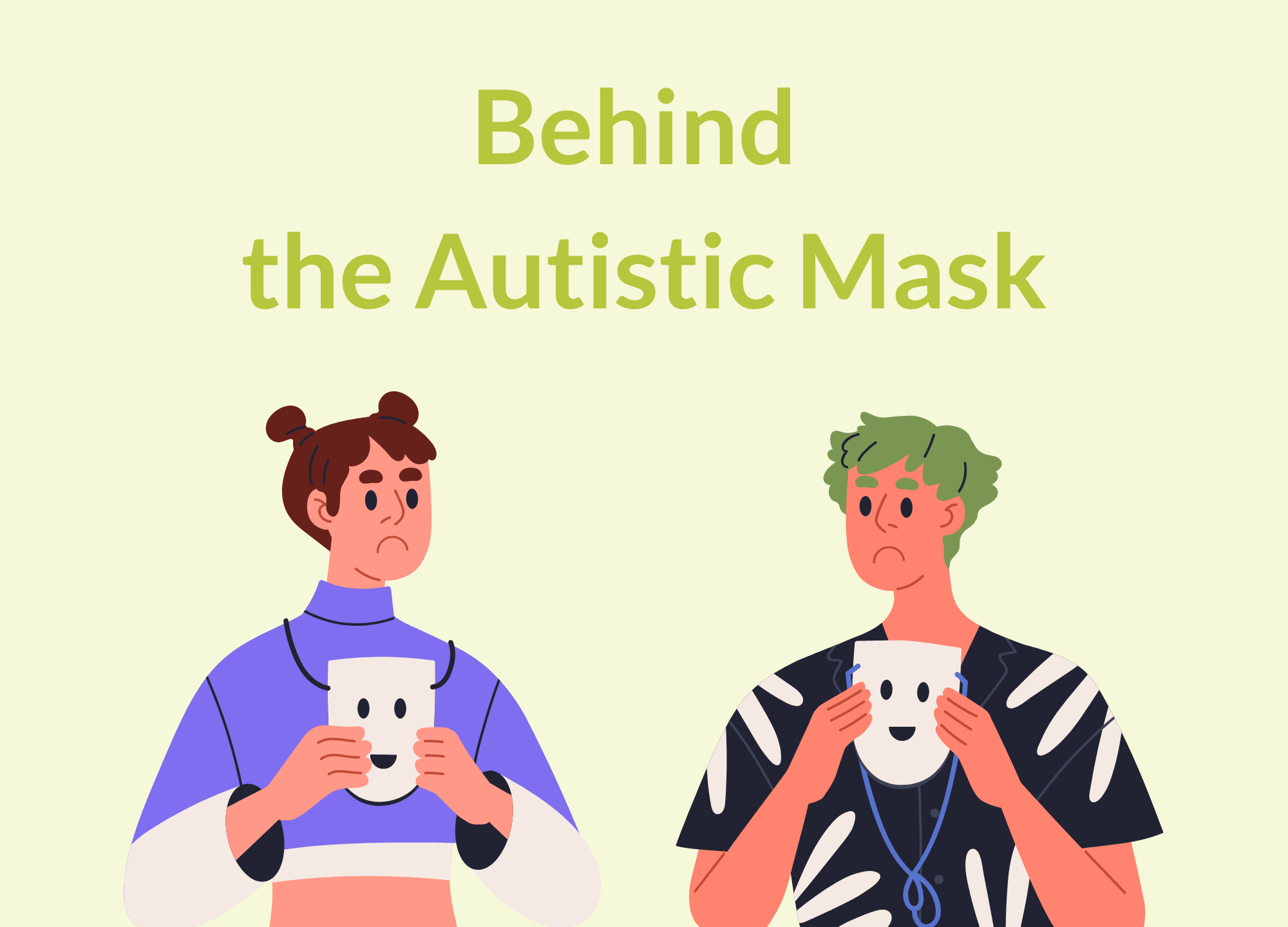
Diagnostic concerns and revisions to the DSM 5
CAT-Q Camouflaging Test
If you’d like to Assess if you might be camouflaging your Autism, the free test is quick, easy, and provides instant results.
Join Our Newsletter Today!
We hope this topic was helpful and interesting! If you’d like to keep learning more, join our mailing list. We’ll send you more info sheets, free webinars, podcasts, and blog posts – all kinds of great stuff! And don’t worry—you can unsubscribe anytime if you change your mind. Thanks again!
"*" indicates required fields


